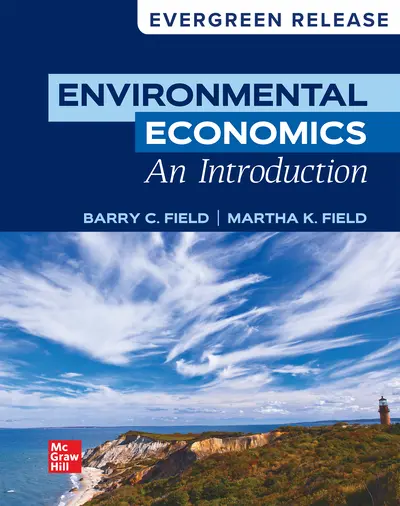My Account Details

ISBN10: 1266543066 | ISBN13: 9781266543067

* The estimated amount of time this product will be on the market is based on a number of factors, including faculty input to instructional design and the prior revision cycle and updates to academic research-which typically results in a revision cycle ranging from every two to four years for this product. Pricing subject to change at any time.
Instructor Information
Quick Actions (Only for Validated Instructor Accounts):
This is a comprehensive learning experience designed for students with limited to no economics background. Explore a wealth of new and revitalized material: updated data and content, robust test bank, cutting-edge exhibits reflecting current global issues and real-world applications, refreshed figures, tables, sources, and references. Engage with thought-provoking end-of-chapter discussion questions that encourage critical thinking and application of knowledge. Enhancements include a shift in focus from "global warming" to "climate change," which takes a more prominent role throughout the text. The discussion of social and environmental justice topics has been significantly expanded, complemented by a comprehensive DEI review. This book is not just a guide; it's a call to action; to explore the intersection of economics and the environment, where informed decisions pave the way for a sustainable future.
1. What Is Environmental Economics?
2. The Economy and the Environment
SECTION TWO: ANALYTICAL TOOLS
3. Benefits and Costs, Supply and Demand
4. Markets, Externalities, and Public Goods
5. The Economics of Environmental Quality
SECTION THREE: ENVIRONMENTAL ANALYSIS
6. Frameworks of Analysis
7. Benefit–Cost Analysis Benefits
8. Benefit–Cost Analysis Costs
SECTION FOUR: ENVIRONMENTAL POLICY ANALYSIS
9. Criteria for Evaluating Environmental Policies
10. Decentralized Policies Liability Laws, Property Rights, Voluntary Action
11. Command-and-Control Strategies: The Case of Standards
12. Incentive-Based Strategies: Environmental Charges and Subsidies
13. Incentive-Based Strategies: Market Trading Systems
SECTION FIVE: ENVIRONMENTAL POLICY IN THE UNITED
STATES
14. Federal Water Pollution Control Policy
15. Federal Air Pollution Control Policy
16. Federal Policy on Toxic and Hazardous Substances
17. State and Local Environmental Issues
SECTION SIX: GLOBAL ENVIRONMENTAL ISSUES
18. Global Climate Change
19. International Environmental Agreements
20. Globalization
21. Economic Development and the Environment
APPENDIX A. Abbreviations and Acronyms Used in the Book
APPENDIX B. Additional Websites
Need support? We're here to help - Get real-world support and resources every step of the way.